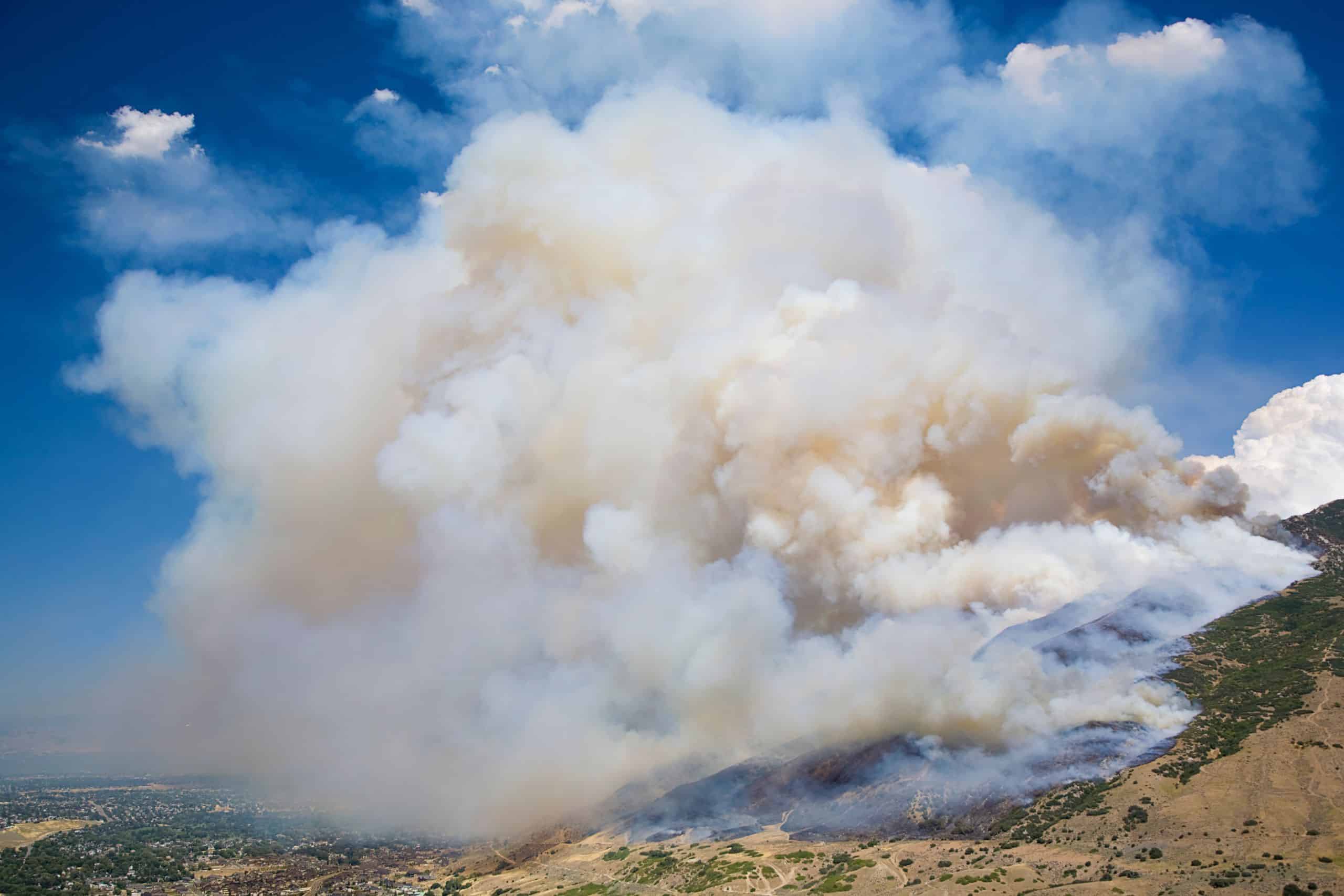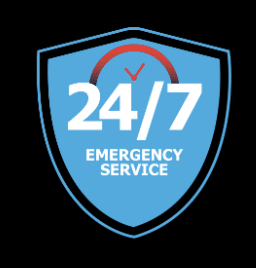HVAC Concerns During Wildfire Season: Protecting Your Home’s Air Quality

Wildfire season in Northern Colorado brings challenges that go far beyond smoky skies and hazy mountain views. Even if the flames are hundreds of miles away, smoke and fine particles can easily drift into communities like Fort Collins, Loveland, Greeley, and Longmont, compromising the air you breathe indoors.
For many families, wildfire smoke isn’t just a nuisance, it’s something that lingers in the home and puts extra strain on the HVAC system.
Why Wildfire Smoke Is a Unique Threat
When wildfires happen, lots of tiny particles like ash and gases get into the air. These bits are super small – way tinier than regular dust – so they can sneak inside through gaps, vents, and some air filters. Once they're in, they stick around, which can make allergies feel worse, bother your lungs, and make things smell bad.
If you've got asthma or breathing issues, wildfire smoke can make matters worse. And even if you’re healthy, you might get itchy eyes, cough, or have sinus problems when the air gets bad.
How Your HVAC System Responds

Your HVAC system is your first line of defense against poor air quality during wildfire season. But like with most systems, it’s not invincible. The main thing to keep an eye on is the filter, which can have a hard time catching all the smoke and ash particles. When that happens, the airflow gets blocked, and your HVAC has to work extra hard to do its job.
All that strain can wear out important parts like the fans and motors, which can shorten the life of your system. Furthemore, it’ll decrease the efficiency, which therein demands more energy (and therefore higher costs) to do the same job.
Steps to Protect Your Home’s Air Quality
Here's how you can keep your home healthier when there's wildfire smoke in the air:
- Change your filter: Think about using a really good filter. If your system can handle it, go for a MERV 8, which will be able to stop smoke particles from circulating through your home but without restricting airflow as higher MERV-rated filters tend to do.
- Seal up those gaps: Check your ductwork, windows, and doors and seal any cracks.
- Recirculate the air: Set your HVAC to recirculate. This stops smoky air from outside getting into your system.
- Keep things in good shape: book regular checkups to maintain your HVAC and air purifier and keep them in good condition.
Additional Air Quality Products
In addition to upgrading your HVAC filter, incorporating dedicated indoor air quality products can significantly enhance your home's defense against wildfire smoke and other airborne pollutants.
Options like whole-home air purifiers, UV air sanitizers, and energy recovery ventilators (ERVs) work alongside your HVAC system to capture fine particulates, neutralize odors, and maintain healthy airflow without bringing in smoky outdoor air. Portable HEPA air cleaners can also be effective for targeted areas, such as bedrooms or home offices.
These solutions offer an extra layer of protection, helping ensure that the air you breathe indoors remains as clean and safe as possible during wildfire season.
When to Call a Professional
If you notice reduced airflow, worsening indoor odors, or persistent allergy symptoms, it may be time to bring in an expert. Professional residential HVAC services can help identify whether your filter needs upgrading, your ducts need cleaning, or if additional solutions would be beneficial.
At A Plus Heating & AC, we’ve helped many Northern Colorado homeowners navigate air quality during wildfire season by protecting the efficiency of their HVAC systems. Whether you need a filter upgrade, a full system check, or recommendations tailored to your household’s needs, we’re here to help.
Ready to prep your HVAC system? Give A Plus Heating a call or schedule an appointment online today.



